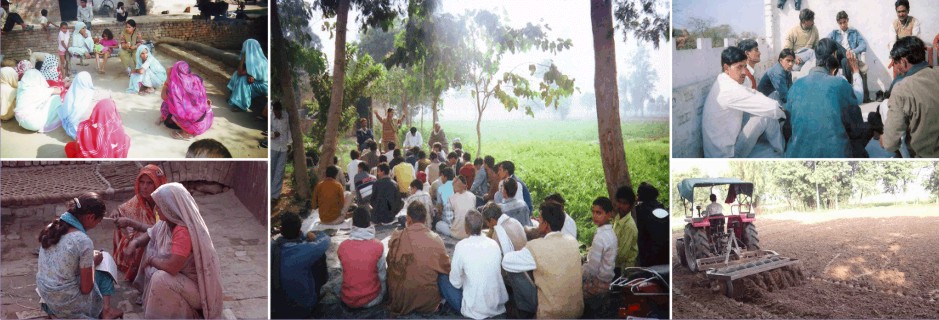Samabhavana work in Women empowerment is aimed at promoting the equal rights, opportunities, and socio-economic advancement of women by ensuring access to basic literacy for enhancing their access to banking and other economic prospects, so as to access comprehensive healthcare services, including sexual and reproductive health, and addressing issues such as maternal mortality, gender-based violence, and discrimination.
By Empowering Women, we can create a world where every individual, regardless of their gender, has the freedom, opportunities, and resources to reach their full potential.
Samabhavana undertakes Seminars and Trainings on Prevention of Sexual Harassment (POSH) Act with Corporate the modules include- Awareness and understanding- Legal framework - Reporting and complaint procedures - Role of bystanders- Prevention strategies.
Samabhavana ensure a Gender-neutral approach on Seminars & Training on Prevention of Sexual Harassment (POSH) is an approach that recognizes that anyone can be a victim or perpetrator of sexual harassment, regardless of their gender identity or expression. It aims to address the issue of sexual harassment in a comprehensive and inclusive manner, considering the diverse experiences and perspectives of all individuals in the workplace. Here are some key elements of gender-neutral training on POSH which ensures building a respectful workplace and most important by adopting a gender-neutral approach in POSH training, organizations can create a more inclusive and equitable workplace. Such training acknowledges that sexual harassment is not limited to a specific gender and encourages all employees to actively participate in preventing and addressing the issue, irrespective of their gender identity or expression.
We have undertaken awareness on counseling on Domestic Violence + Marital Rape, these issues were addressed by our panel of Advocates.
Domestic violence refers to any form of abuse or violence that occurs within the confines of a domestic relationship, such as marriage or cohabitation. It can take various forms, including physical, sexual, emotional, and economic abuse as well as Marital rape, on the other hand, refers to non-consensual sexual intercourse or sexual acts between spouses. It is an act of sexual violence and a violation of an individual's bodily autonomy. In India, the legal framework has historically not recognized marital rape as a criminal offense.
Protection of Women from Domestic Violence Act, enacted in 2005, provides legal protection and remedies for victims of domestic violence.
Besides this our Pioneering work in Sector of Diversity & Inclusivity (D&I)
Samabhavana has created a sustainable change and improving the overall well-being of women in 4 Urban Slum communities of Mumbai, access to adequate healthcare services is often limited, particularly concerning reproductive and sexual health for women. The unique challenges faced by women in slums, such as poverty, poor sanitation, and limited education, exacerbate existing health disparities.
To Provided Accessible and Affordable Services: We offer a comprehensive range of services, including family planning, antenatal care, and sexually transmitted infection (STI) screening by way of Mobile clinics that provides confidential checkups as it’s not possible to set up infrastructure set up.
Thus Improving reproductive and sexual health outcomes for women living in slums by establishing accessible healthcare services, providing comprehensive education, ensuring contraceptive availability, and focusing on STI prevention and treatment.
Samabhavana has duplicated the above process in Rural Women Communities of 35 villages of Mathura and Vrindavan & created a sustainable change and improving the overall well-being of women rural communities
Samabhavana provides on ground implementation support in School Renovation an exciting new initiative as part of your Corporate Social Responsibility (CSR) efforts - the School Renovation project. We firmly believe that education is the cornerstone of progress and development, and we are committed to supporting the educational needs of our community.

Rural development programs implemented under CSR have the potential to bring about positive transformation in rural communities. These initiatives address various aspects of rural life, including education, healthcare, infrastructure, and livelihoods, while promoting sustainable practices. By leveraging their resources and expertise, businesses play a vital role in bridging the urban-rural divide and creating a more inclusive and equitable society.